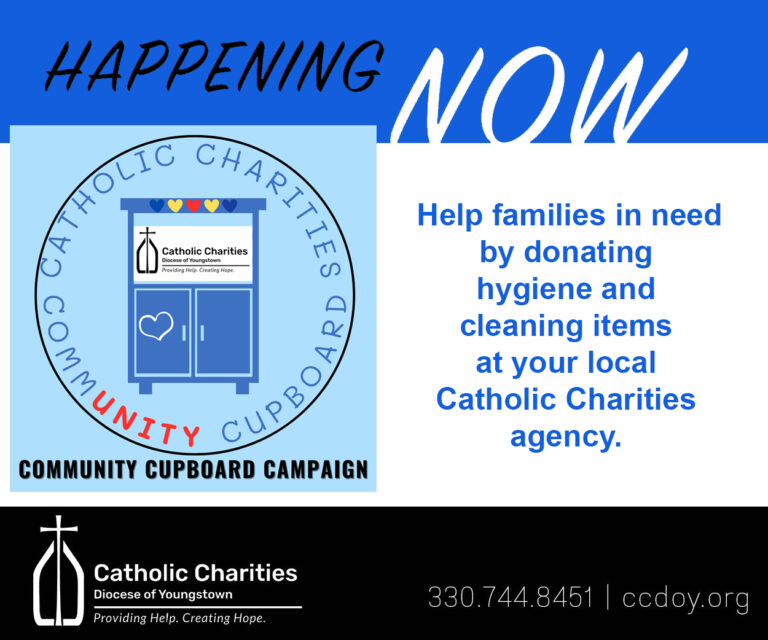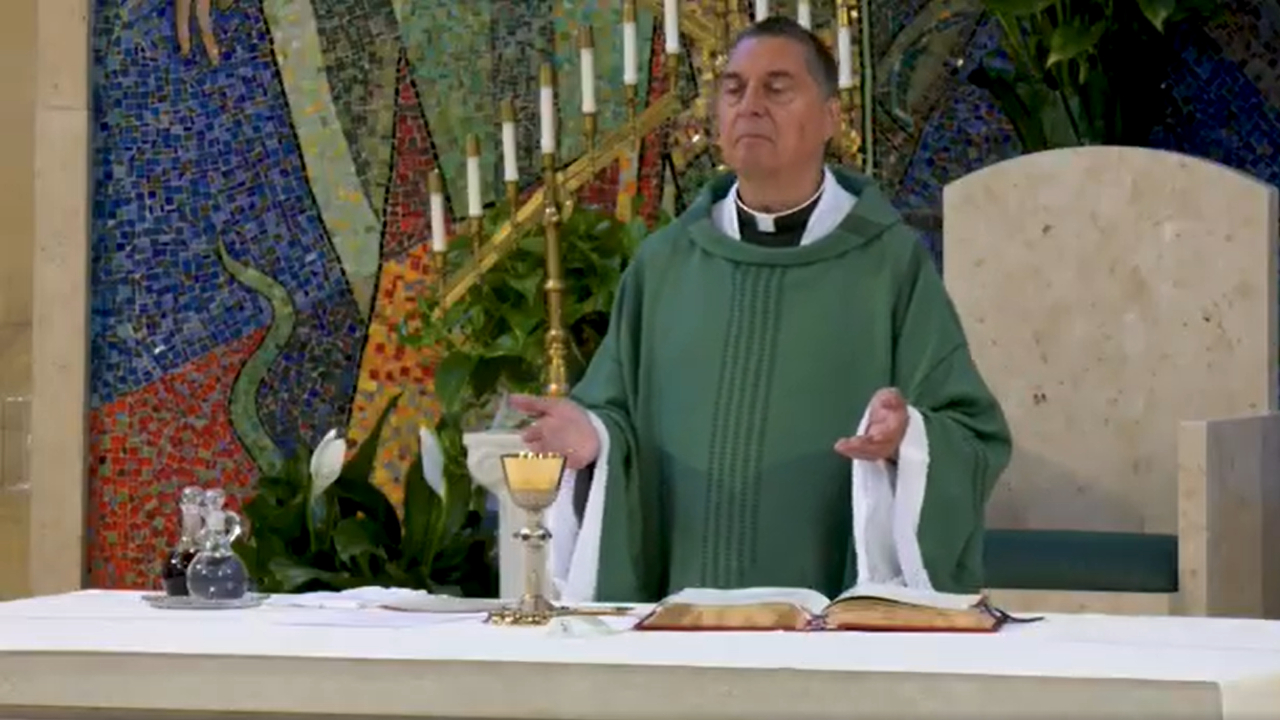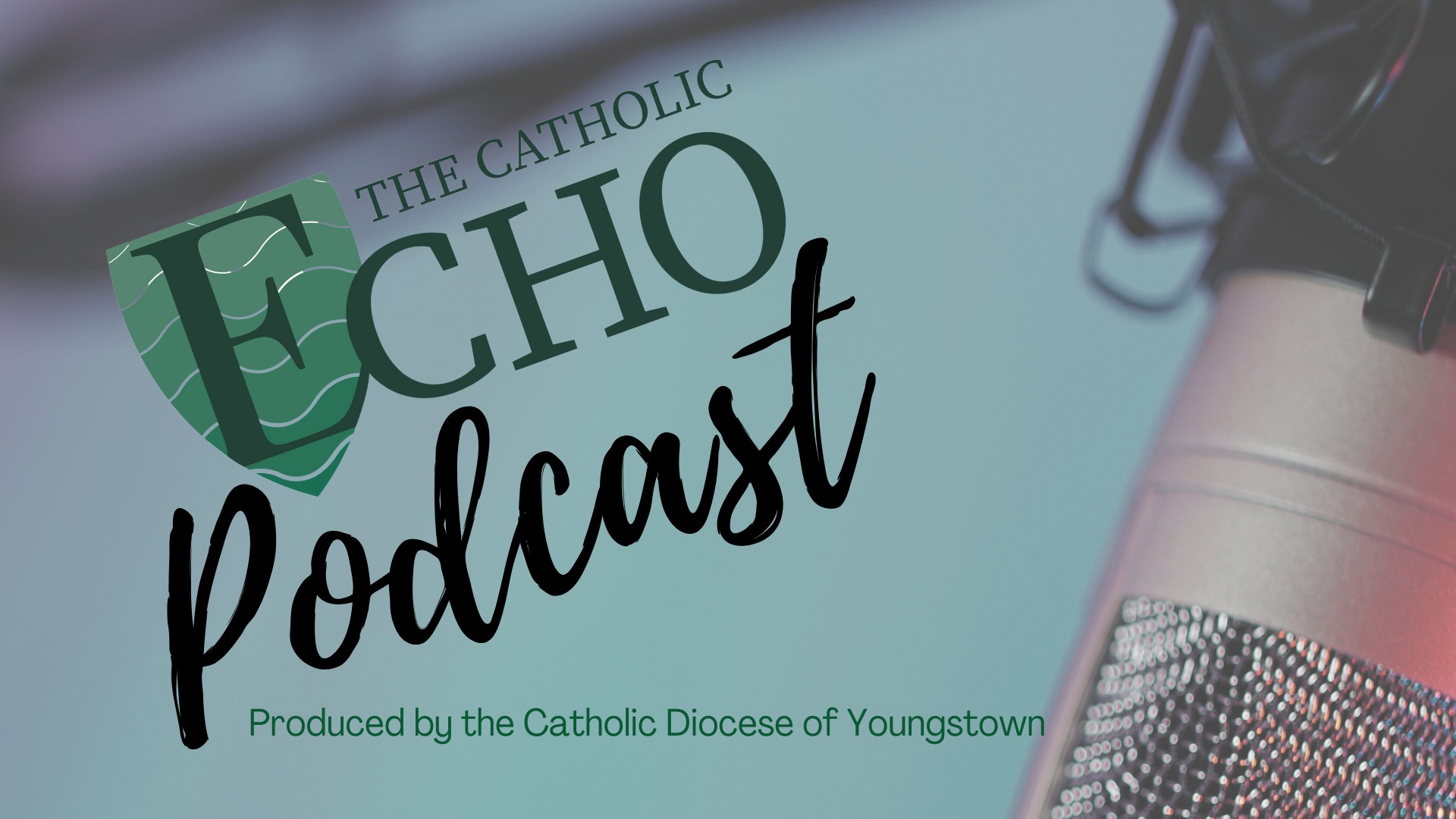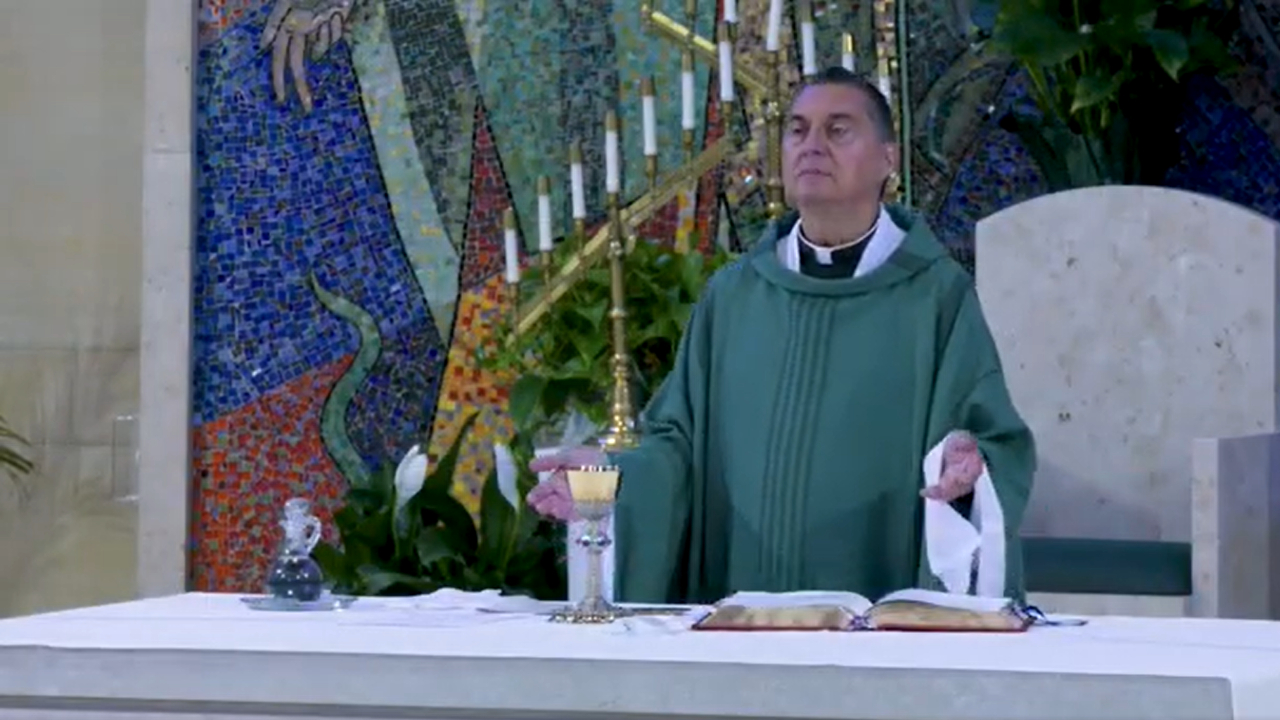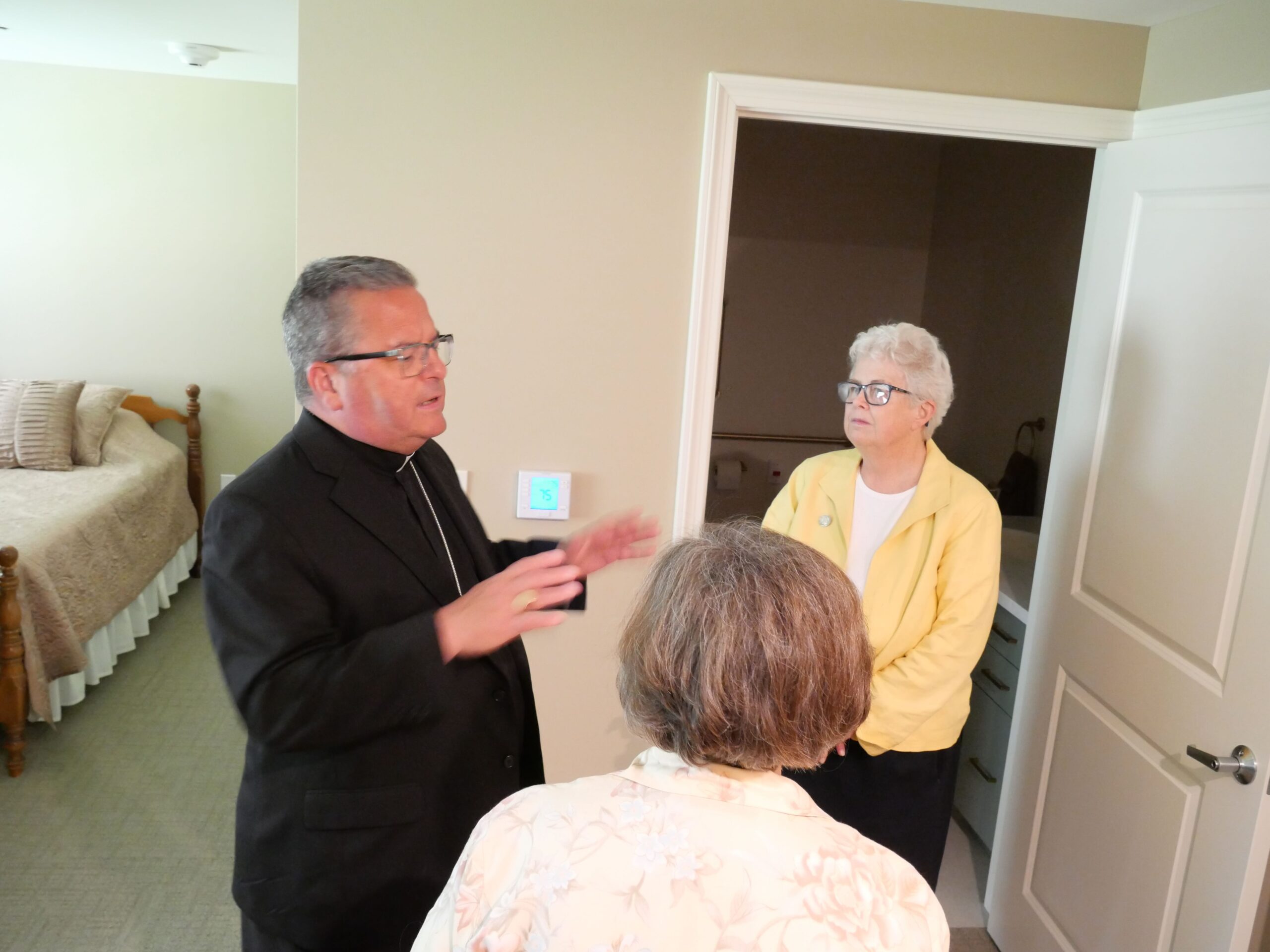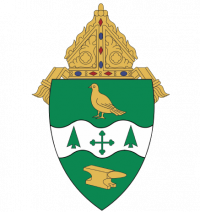
In the Gospel of Luke, we witness an interesting interaction between Christ and “a scholar of the law,” a scribe of the Mosaic Law, which prevailed in the land of Israel during Christ’s time. This scholar asks Our Lord, “Teacher, what must I do to inherit eternal life?” Christ responds with a question, asking, “What is written in the law? How do you read it?” And the scholar replies, “You shall love the Lord, your God, with all your heart, with all your being, with all your strength, and with all your mind, and your neighbor as yourself,” and Christ affirms his response. The man then inquires further, “And who is my neighbor?”
What follows is the parable of the Good Samaritan, a story which should be very familiar to us. Jesus tells us the story of a man who was on his way from Jerusalem to Jericho, but while en route, he is attacked by thieves who leave him for dead. Both a priest and a Levite pass by, offering no help, instead going along the other side of the road. However, a Samaritan passes by and “is moved with compassion” to aid the man. The Samaritan cleans and bandages his wounds, then takes him to an inn to recover, paying for the injured man’s stay. Christ then asks the scholar, “Which of these three, in your opinion, was neighbor to the robbers’ victim?” The scholar answers, “The one who treated him with mercy.” Then, Jesus says to him, “Go and do likewise.”
Why do I retell this story here? Because, considering the current circumstances of American political life, the United States Conference of Catholic Bishops (USCCB) has called us to reexamine it, to teach us how to form our consciences as members of the Church and citizens of this fair nation.
So let us look back at the parable. The parable of the Good Samaritan would be a bit of a shock for the Judean audience at the time because the Samaritans and the Judeans had a great feud between them—both political and religious—which deeply divided their peoples for multiple centuries. Yet, we find ourselves in a situation not so different from the Samaritan, as the world of today feels more divided than ever.
Today, there are many grave threats to human dignity: abortion, euthanasia, human trafficking, gun violence, terrorism, the ongoing attack on human sexuality, assault on religious freedom both at home and abroad, increasing racial tensions and, ultimately, the devaluation of creation and human life. As the USCCB states, “When confronted with so much good at risk and so much evil, it is a great challenge to avoid fear and anger.” Yet, this is precisely what we are called to do.
Those who promote abortion, who assault the idea of faith itself, who encourage racial prejudice and who otherwise appear as enemies to us—they, too, are our neighbors and must be shown mercy as our Father in heaven has shown us mercy.
Furthermore, each of us has the responsibility to vote according to our conscience, which must be developed both in community with the Church and independently. While our Bishops and priests help form the laity according to the principles of the faith, it is not within their purview to command votes for particular candidates. Rather, each of us must consider a candidate’s policy positions, their integrity and their character, and we must have good judgement regarding the concrete circumstances of our neighbors, as well as ourselves.
We also have the grace of God available to us—to aid in the formation of our conscience—should we seek it out. When “forming our consciences” the USCCB outlines three crucial steps: 1) We must be open to the truth—to God’s Will—to be an instrument of it; 2)We must be informed. This means that we need to put in the effort to ensure the information we are receiving is from a reliable source; and 3) We must make time to prayerfully reflect on our decisions, to ensure we choose with prudence.
The Good Samaritan had his eyes fully open, seeking the good of his neighbor. He did not let the world make him hate the Judean, but instead he let God’s love enter into him and guide his actions. Although the priest and the Levite were certainly more educated on the Mosaic Law, they lacked the formation that would instill in them the compassion that the Samaritan had. Instead, the Samaritan—a religious outcast—performed God’s will in that moment.
To be like the Good Samaritan, we must always be growing in the virtues of faith, hope and love, from which come virtues like prudence and humility. Forming our consciences is not something we can do on one weekend or at a single retreat, but it is a lifelong journey. Unless we welcome God’s love into our hearts to form us as He sees fit, then our efforts are in vain.
Please take this upcoming election season as an opportunity—an opportunity to enter into an ever-deeper relationship with the Father, the Son and the Holy Spirit. In response to the world, let us be a light of joy unto the nations.


